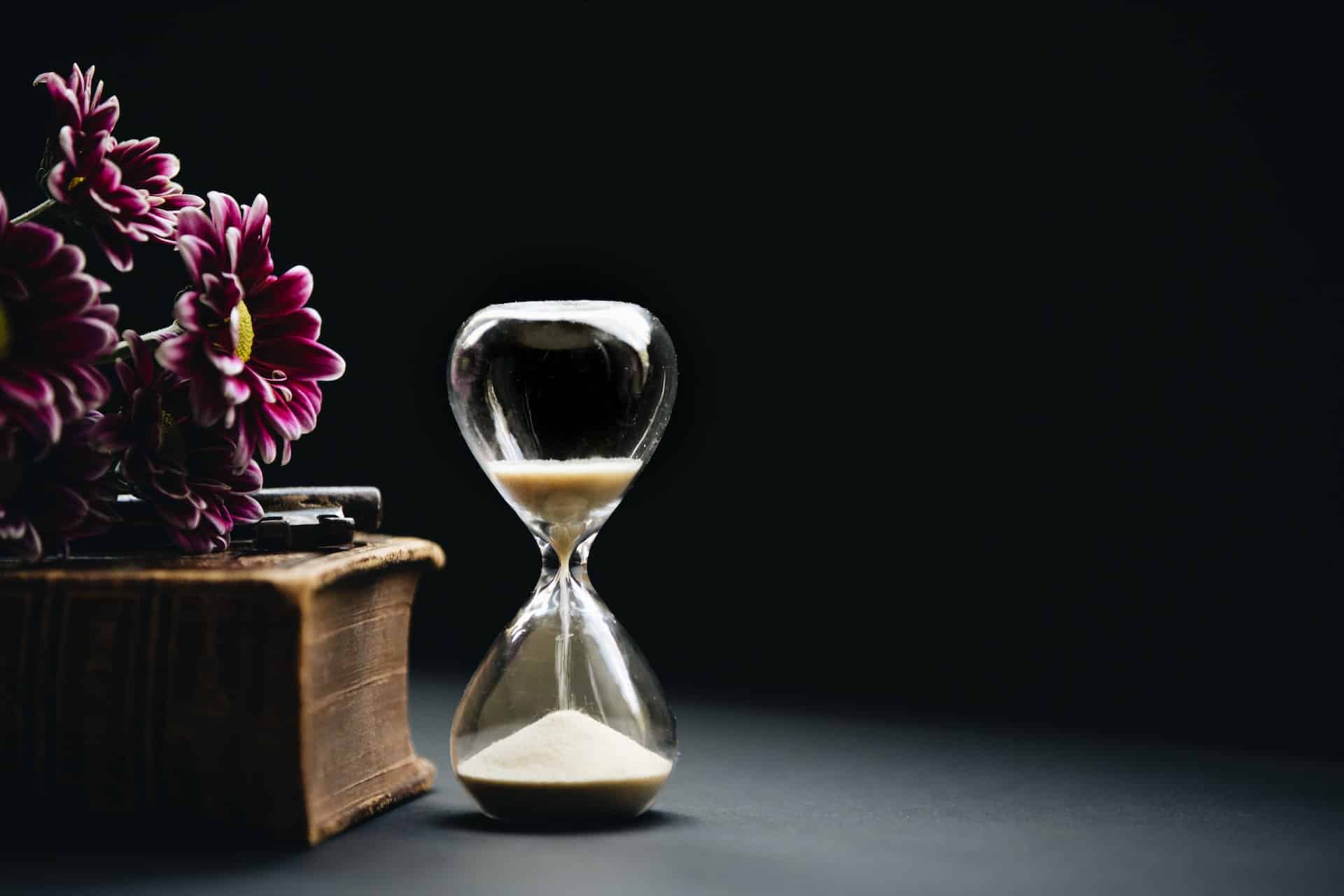








Types Of Addiction
We have all likely heard the word ‘addict’ and have a sense of what it means. We’ve probably used it to describe ourselves or others, for example, you might think of yourself as a ‘tv addict’
But what is addiction?
Addiction relates to addicting behaviour. This is when we can’t control ourselves from doing or using something to the extent that it becomes harmful to us.
People with addictions can experience any number of them. There are chemical ones, for example alcohol addiction, drug abuse, and other addictive substances (like solvents and cigarettes). There are also behavioural addictions like gambling, and pornography. But addiction can also happen with things that we might not expect.
Believe it or not, people can become addicted to work. This benign form can lead to problems too. Indeed, addiction to work can strain relationships because of the lack of time and attention with loved ones. This addiction can also lead to mental health problems, like stress, burnout, low mood, and anxiety. There are also impacts to physical health, with issues such as fatigue, exhaustion, and even death (stress being the ‘silent killer’).
In today’s technological age there is also the risk of internet addiction, especially as we can access the internet no matter where we are. Hours can be spent (wasted?) on social media platforms, online games, and mindless browsing – all as we neglect other important areas of our lives, living in a virtual reality, rather than the real world.
Shopping is also an addiction for many people, and may be used to fill a void because it can offer that instant dopamine hit (reward) in the brain, a buzz. But, this high is short lived and the time spent feeling bad, guilty, ashamed, or despairing lasts much longer, especially if one lives outside their means and accrues debt. And the void remains.
How People Become Addicted
The causes are many. Research suggests risk can relate to genetics, as well as environment. For example, someone who has problems with substance abuse can be influenced by spending time with others who also have issues with drugs and alcohol, in part because of self-imposed or peer pressure.
When use becomes misuse there is often a reason; drugs (like alcohol) are used to avoid life, resulting in alcohol use disorders in some people. This can be because of psychological, emotional, or mental health issues (like stress, trauma), or material ones (for example, unemployment, poverty).
With drugs like those mentioned, we are affected mentally and physiologically and this can feel quite pleasant, relaxing, and enjoyable. These feelings create a positive association which reinforces the behaviour. Think Pavlov’s dogs – the bell is the drug, and the food is the high.
With something like gambling or shopping, we experience a high or buzz when we win or get our hands on that sought after item. This means however, when we want to feel it again, we must gamble or shop.
When we don’t get to experience the high after a while (and it may not be that long), we experience withdrawal symptoms, going from on high to the dreaded ‘come down’. This makes us feel the reverse of what we like, meaning we seek out the thing that will take away the unpleasantness and give us back the high. Over time these associations and reinforcements turn into a habit which makes it very difficult to break the cycle. As time goes on, we develop tolerance so don’t experience the high as easily, this means we need more of the substance or activity to feel the high, intensifying the addiction.
The Impact
When someone is in the midst of a full-scale addiction, all the areas of life are at risk, including life itself. This is because the individual is no longer in control of their life. With substances or behaviour addictions, work can suffer and be too difficult to manage, leading to work problems, and eventually job loss. This often leads to financial strain, and possibly even homelessness.
Relationships can also become impacted. In some instances because of reckless behaviours like drink driving, or due to violence. This can cause partners to leave due to feelings of helplessness and frustration. There is also the stress of the psychological and physiological affect it has on the addicted, and those around them.
Help Is Available
As hopeless as it may seem, addiction treatment is possible. Whether it’s behavioural or chemical, there is support available. Your GP may be able to offer medical advice and tell you about other treatment options, such as specialist organisations and support groups. There are also online directories that can provide information about local services.
If those aren’t for you, or if there are long waiting lists, one to one specialised Psychotherapy is also an option, particularly when addiction relates to emotional voids, and trauma, or causes them. We at Phinity can help support you to understand your addiction and deal with the issues that underpin it, and help you practically work toward the changes you and your loved ones want.
- Why Is Suicide So Prevalent In KPOP? RIP Moon Bin
- PTSD: Case Study of Thomas Shelby
- Paedophilic Obsessive-Compulsive Disorder (POCD) I
- The Value Of Confronting Self-Doubt As A Psychotherapist
- What Happens When Trauma Is Ignored, Vs When It's Not
- A Warm Welcome From Phinity Therapy
- Rehanna Talks Issues
- Rehanna Discusses Phinity Services
- The HEALTHIER WAY To Grieve
- What Your THERAPIST'S TITLE REALLY MEANS!

- NHS. (2022, January 18). Addiction: what is it? Nhs.uk. https://www.nhs.uk/live-well/addiction-support/addiction-what-is-it/







